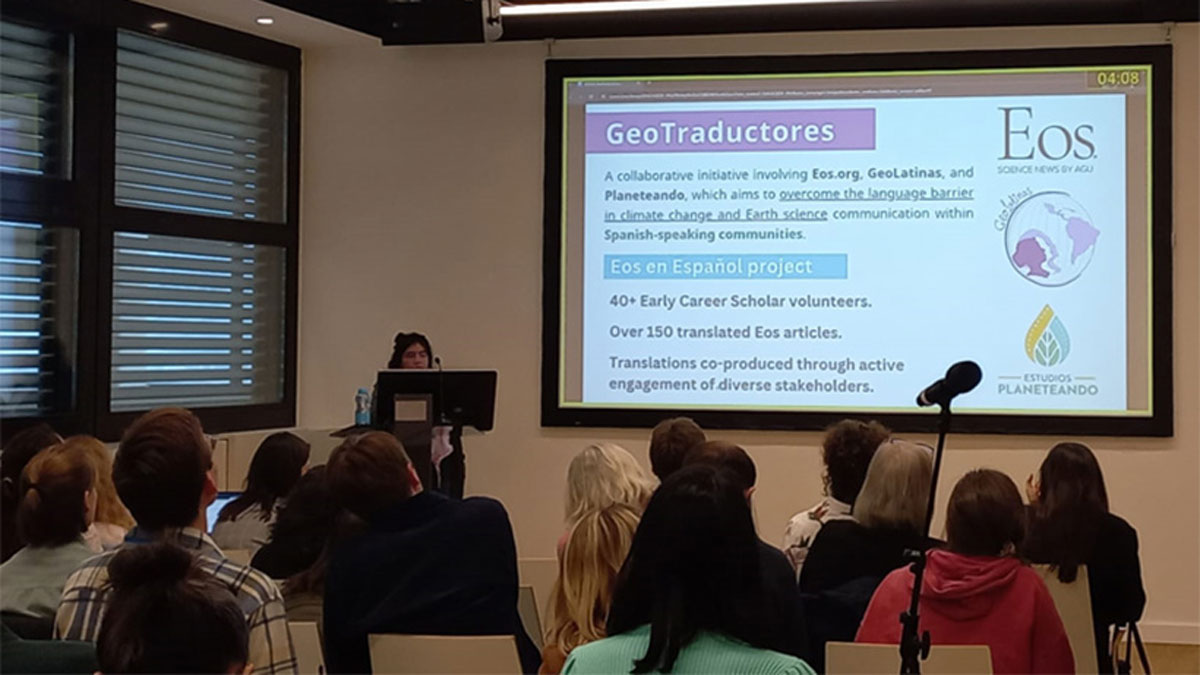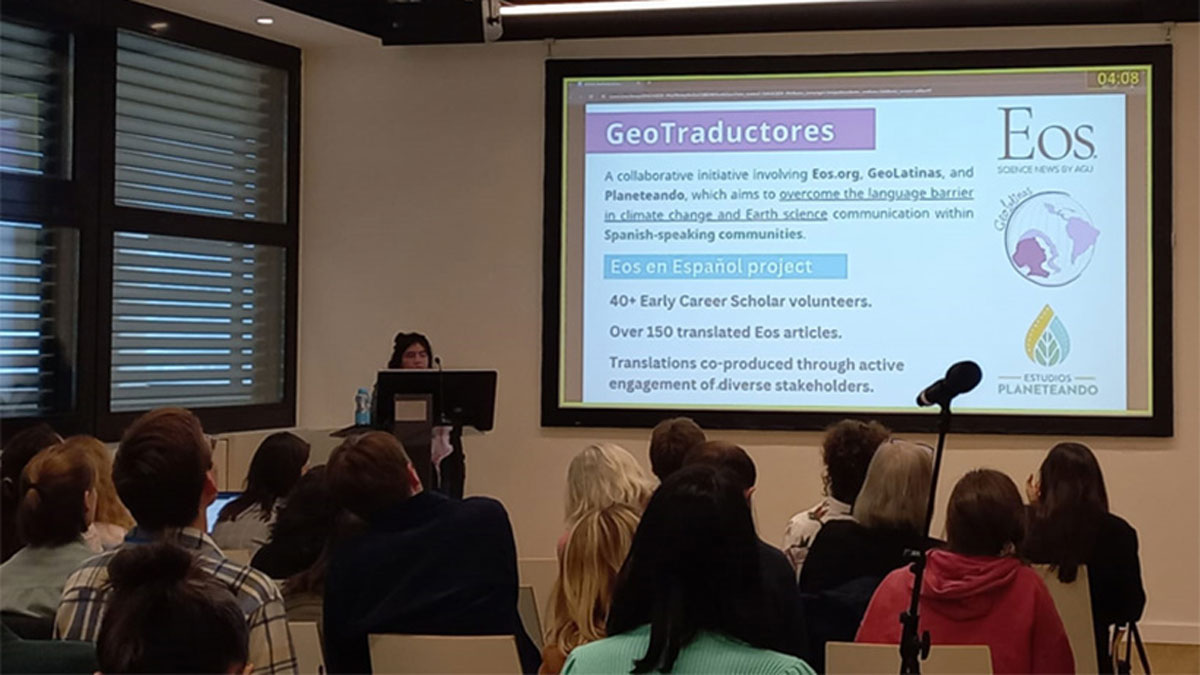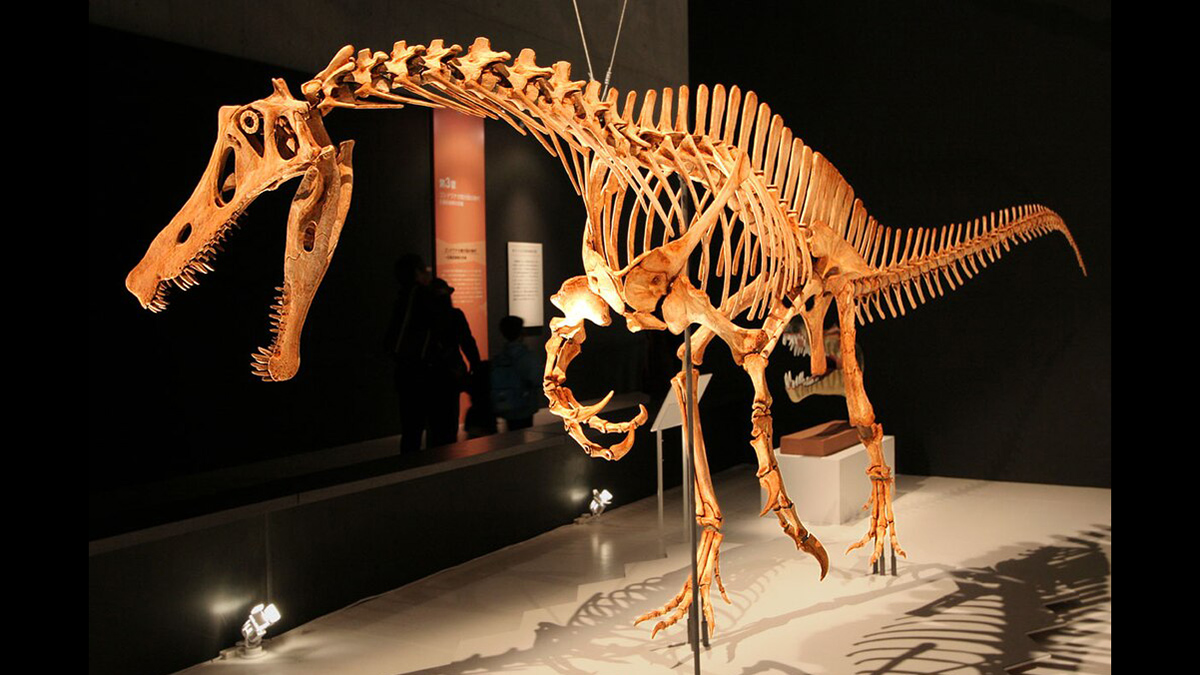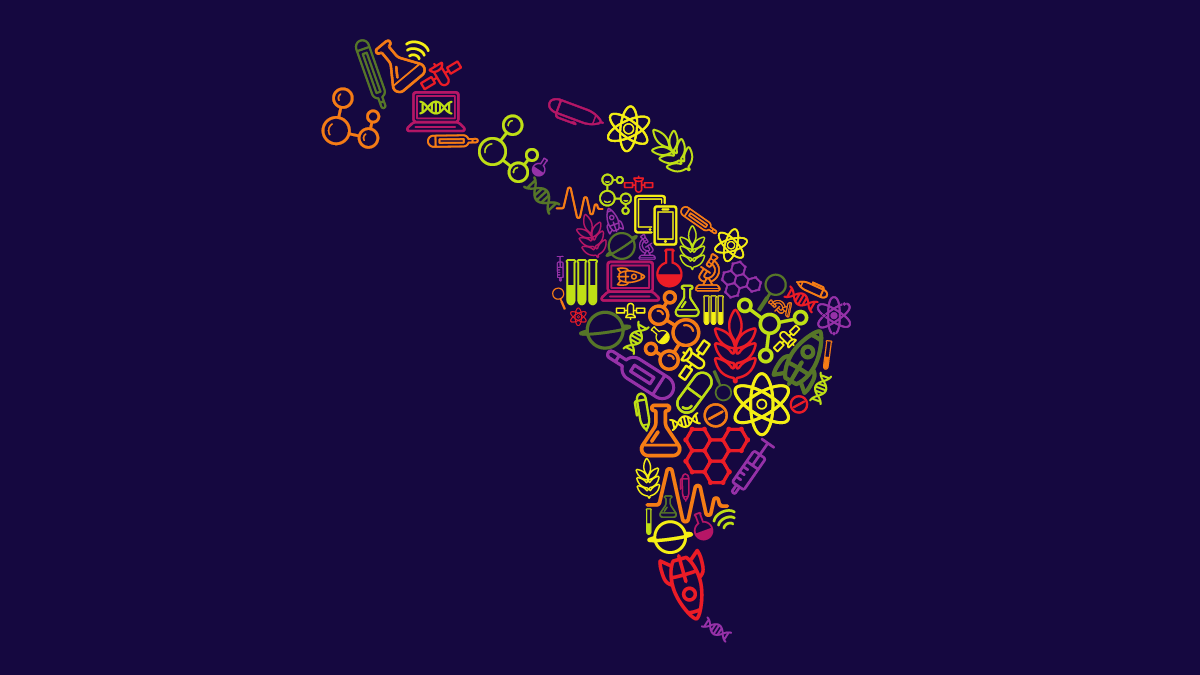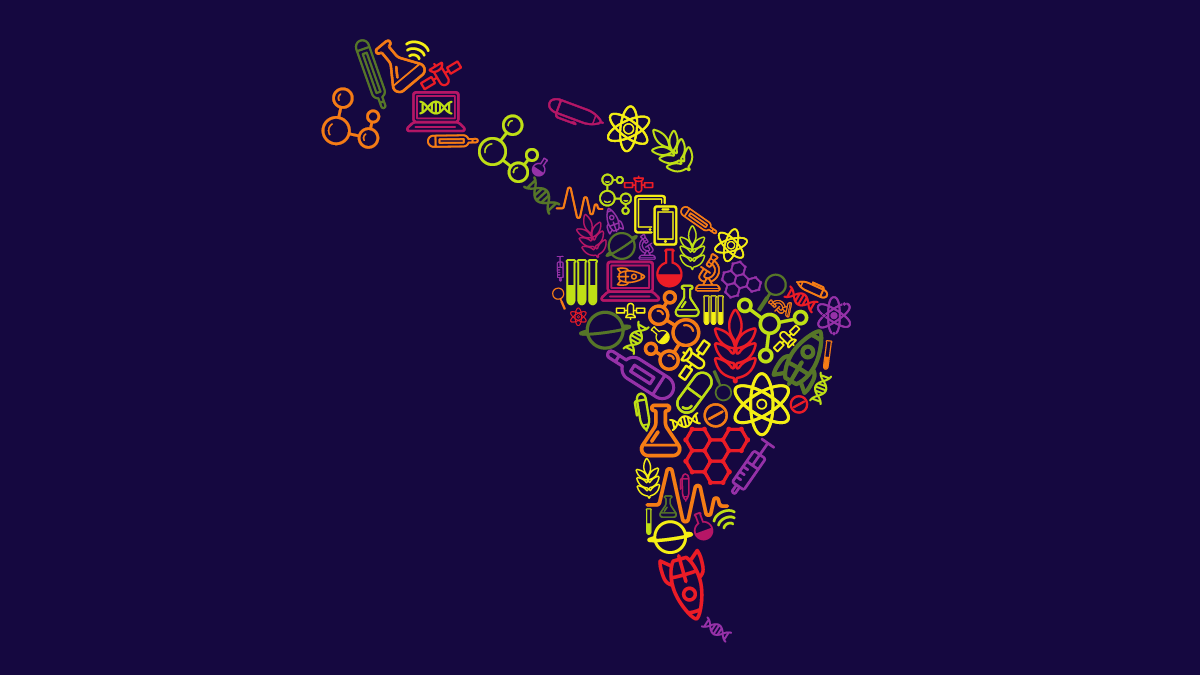Una colaboración para traducir los artículos de Eos al español está generando aumentos significativos en la involucración de las comunidades latinoamericanas y otros que hablan español.
Latin America
GeoTraductores Democratizes Science, One Translation at a Time
A collaboration to translate Eos articles into Spanish is yielding significant increases in engagement among Latin American and other Spanish-speaking communities.
A Exportação Ilegal de Fósseis É Mais do que um Irritante para o Sul Global
Mais de 2 mil pesquisadores assinaram carta aberta solicitando a repatriação do fóssil de um dinossauro para o Brasil. Alguns dizem que o caso destaca um padrão de colonialismo científico na paleontologia.
La exportación ilegal de fósiles es más que un Irritator para el Sur Global
Más de 2,000 investigadores han firmado una carta abierta solicitando la repatriación del fósil de dinosaurio a Brasil. Algunos afirman que el caso pone de manifiesto un modelo de colonialismo científico en la paleontología.
Illegal Fossil Export Is More Than an Irritator to the Global South
More than 2,000 researchers have signed an open letter requesting the repatriation of a dinosaur fossil to Brazil. Some say the case highlights a pattern of scientific colonialism in paleontology.
Pour une meilleure visibilité des sciences en Amérique latine
Les scientifiques et les éditeurs de revues latino-américains sont en train de renforcer les systèmes de recherche, d’évaluation, de publication et de communication afin de mieux redéfinir les notions de réussite professionnelle fixées par les pays du Nord.
Aumentando la visibilidad de la ciencia latinoamericana
Científicos y revistas latinoamericanas están fortaleciendo los sistemas de investigación, evaluación, publicación y comunicación para ayudar a redefinir las ideas sobre el éxito profesional, las cuales han sido determinadas principalmente por el Norte Global.
Aumentando a Visibilidade da Ciência Latino-Americana
Cientistas e periódicos latino-americanos estão fortalecendo seus sistemas de pesquisa, avaliação, publicação e comunicação para redefinir ideias de sucesso profissional ditadas pelo Norte Global.
Raising the Visibility of Latin American Science
Latin American scientists and journals are strengthening research, evaluation, publication, and communication systems to help redefine ideas of professional success that have largely been determined by the Global North.
Las brechas en las redes ambientales en América Latina
A pesar de su notable influencia en los ciclos globales del carbono y el agua, América Latina representa una proporción relativamente pequeña de sitios FLUXNET, lo que limita la representatividad de la red en la región.

